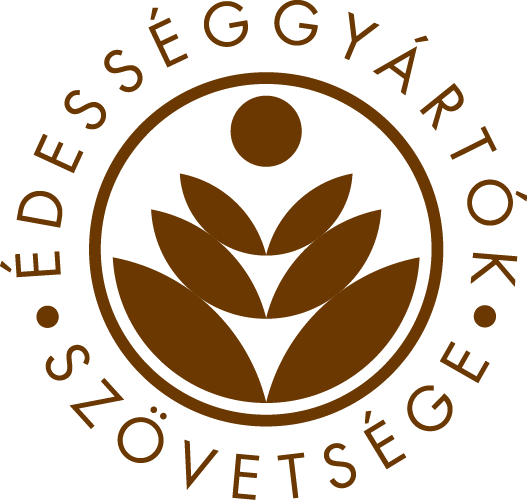800 tonnes of Easter sweets – mainly chocolate bunnies and chocolate eggs – are consumed annually
on the Hungarian market, in the value of approximately HUF 5 billion. The Easter confectionery market
has always grown in recent years, and between 2017 and 2018 there was a particularly large
expansion, with a 10% increase in sales. This was mainly due to the shift to higher quality, not the
increase in the number of tonnes to such an extent.
There will definitely be no shortage of Easter confectionery this year, because retailers have already
filled their warehouses and shelves with the usual quantity long before the state of emergency was
declared, so there is no need to worry about someone missing out on chocolate bunnies, chocolate
eggs or other Easter delicacies, whether choosing domestic or imported sweets.
This year, the Association of Hungarian Confectionery Manufacturers predicts a decrease in the
consumption of Easter sweets, because according to surveys, in the current situation, flour, oil, rice
and canned foods are the most popular products, for which consumers have spent and still spend
twice as much as usual.
This will probably not be the best year for confectioners, says Sándor Sánta, President of the
Association of Hungarian Confectionery Manufacturers, adding that he hopes to celebrate Easter next
year under different circumstances.
It is expected that the sums intended for the purchase of food for Easter have partially diverted,
furthermore the motivation for building up reserves may also be more significant than before. Exports
are now limited to many destinations or downright impossible. Domestic small and medium-sized
companies are primarily exposed to the decline and negative effects of market demand, therefore the
priority for both them and their employees is to keep companies alive and preserve jobs, all the more
so because the smoothest possible restart is essential to remaining competitive.
The most negative effects are to be expected in the case of chocolates, impulse-buy products and
unique confectionery sold through premium and exclusive channels (e.g. downtown, at airports, in
cafes), where the decline can be as high as 10 – 70%, depending on the product. Many small and
medium-sized Hungarian companies focus on such products, so aiding them is vital. The market for
snacks and chips is stable. Interest in granola, cereals and functional bars has grown significantly. At
Cerbona's Székesfehérvár plant, for example, they are responding to the increased demands by hiring
new employees and extending their operating hours. Our members also reported an increase in
demand in the biscuit segment. In the case of biscuits, it is currently a great advantage that the
majority of the raw materials are domestic, so here the difficulties arising from transportation have to
be mitigated less, but exports in this case are also a difficult trajectory.
The strong trends in food, and within that, in confectionery consumption, will hopefully not change in
the long run. The demand for quality sweets, the purchase of products with lower mass but higher
value will certainly continue as things return to normal.
The role of food in these difficult times is greatly appreciated anyway, as are the moments when we
can forget about the problems a little and gift those close to us or ourselves.
The Association emphasizes that they also work unwaveringly in confectionery production in the
factories: confectioners, line workers, technicians, quality inspectors and many others make sure they
go to work every day so that production is continuous and customers have access to their favourite
products.
A small source of pleasure, quality sweets consumed in moderation, can be afforded by almost
everyone even in the extraordinary circumstances, so the Association asks consumers not to leave
chocolate bunnies and special confectionery alone on the shelves when they are done buying or
ordering staple products. Nor is it worth leaving bunnies, lambs, eggs and other delicacies in the
shops because they will most certainly be missed during the holidays.
The members of the Association have initiated a number of donations in connection with
Easter:
Mondelez Hungária offers nearly eight tonnes of Milka Easter sweets to those in need through the
Hungarian Red Cross, and also helps the work of the organization with a cash donation of nearly one
million Forints.
In accordance with its many years of best practice, Haribo Hungária Kft. supports the local
communities and health care institutions in the area with its Easter donations.

